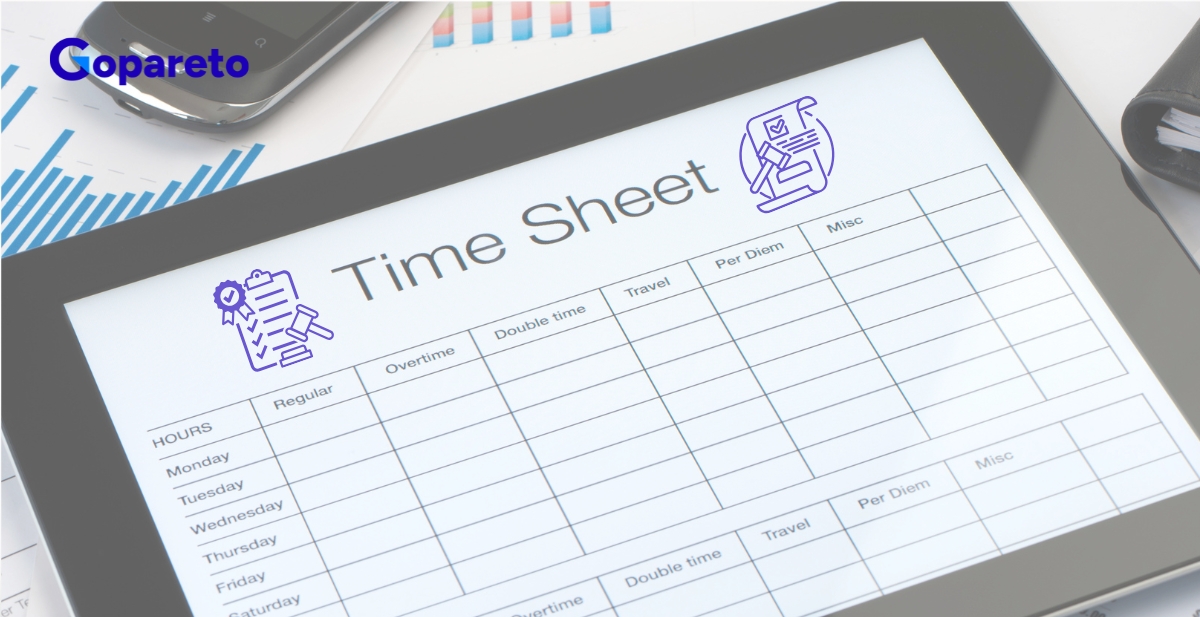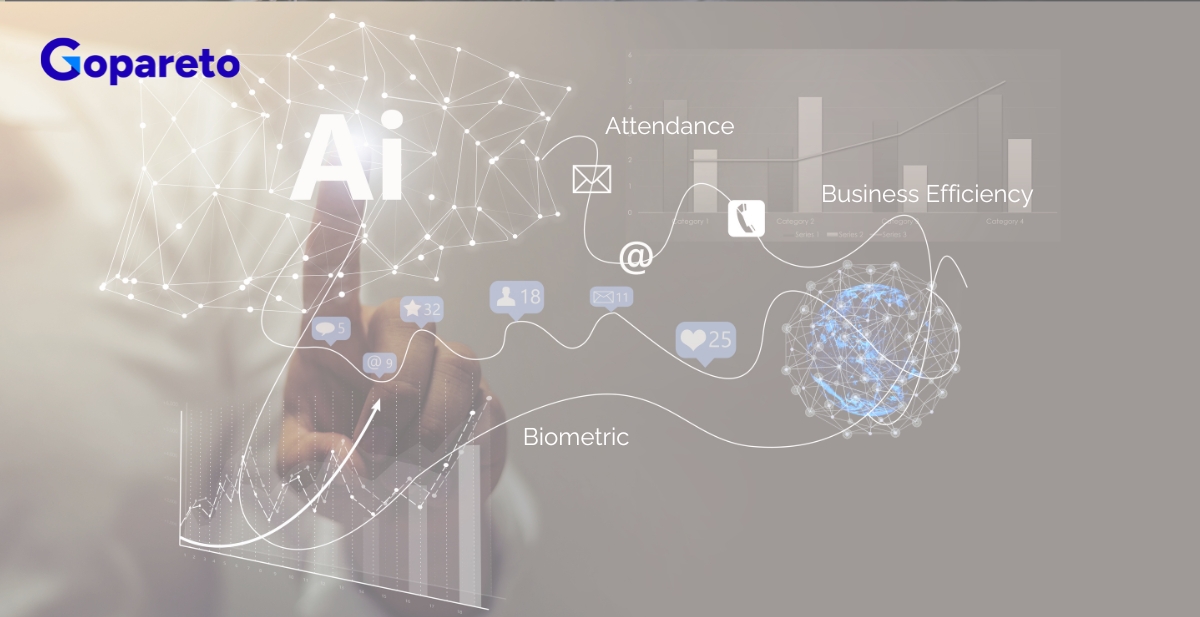Why Remote Employee Attendance Tracking Matters for Your Business
October 20, 2023 | By Gopareto Marketing

Introduction
A digital tool called an employee attendance management system is made to effectively track, monitor, and manage employee attendance, work hours, leaves, and shifts. It ensures accurate payroll processing and adherence to labor laws by automating procedures like clock-ins and clock-outs, leave approvals, and overtime calculations. Improved productivity, fewer attendance tracking errors, real-time monitoring, increased transparency, and easier reporting for HR teams are some of the main advantages. By providing self-service portals for scheduling, leave requests, and attendance records, it also empowers staff members and promotes a more orderly and productive workplace.
Importance of Accurate Attendance Tracking
Before delving into the difficulties, let's examine why attendance tracking is important:
Payroll Accuracy : Inaccurate attendance data impacts payroll calculations, resulting in incorrect employee payments and possible legal violations.
Compliance and Legal Adherence : Understanding and adhering to labor laws and regulations, preventing infractions and potential penalties, and paying employees fairly all depend on effective attendance monitoring.
Employee Productivity : It is more likely that productivity, attendance, and performance-defining characteristics will be assessed with proper measurement.
Despite the high demand, most HR departments still struggle to achieve accuracy in a system. Let's now talk about some of the fundamental issues they encounter.
The rise of remote work and virtual teams
In recent times, we’ve observed a considerable change in how businesses function. Conventional office environments are no longer the sole choice for employees to fulfill their job duties. The emergence of remote work and virtual teams has radically altered the workplace environment.
A primary factor contributing to this change is technology. With improvements in communication tools, project management software, and cloud-based solutions, it has become simpler than ever for employees to operate from any location in the world. This newfound flexibility enables companies to access a worldwide talent pool and locate exceptional professionals without being constrained by geographic limits.
There are many benefits to working remotely for both employers and employees. Employers benefit from lower overhead expenses related to upkeep of actual office space. Because team members can be spread across different time zones, it also creates opportunities for 24/7 operations.
Benefits of tracking time and attendance in a remote workforce
Accurate tracking
Accurate employee hour tracking is made possible by remote time and attendance tracking, which gives managers greater insight into and control over worker productivity.Improved compliance
By ensuring adherence to labor laws and regulations, remote time and attendance tracking lowers the possibility of non-compliance and associated fines.Increased productivity
Accurate employee hour tracking enables managers to spot and resolve any problems that might be affecting output.Cost savings
Businesses can cut labor expenses and boost savings by monitoring employee hours and spotting inefficiencies.Flexibility
Employees can clock in and out from any location with remote time and attendance tracking, which increases their flexibility and independence at work.Related Blogs





